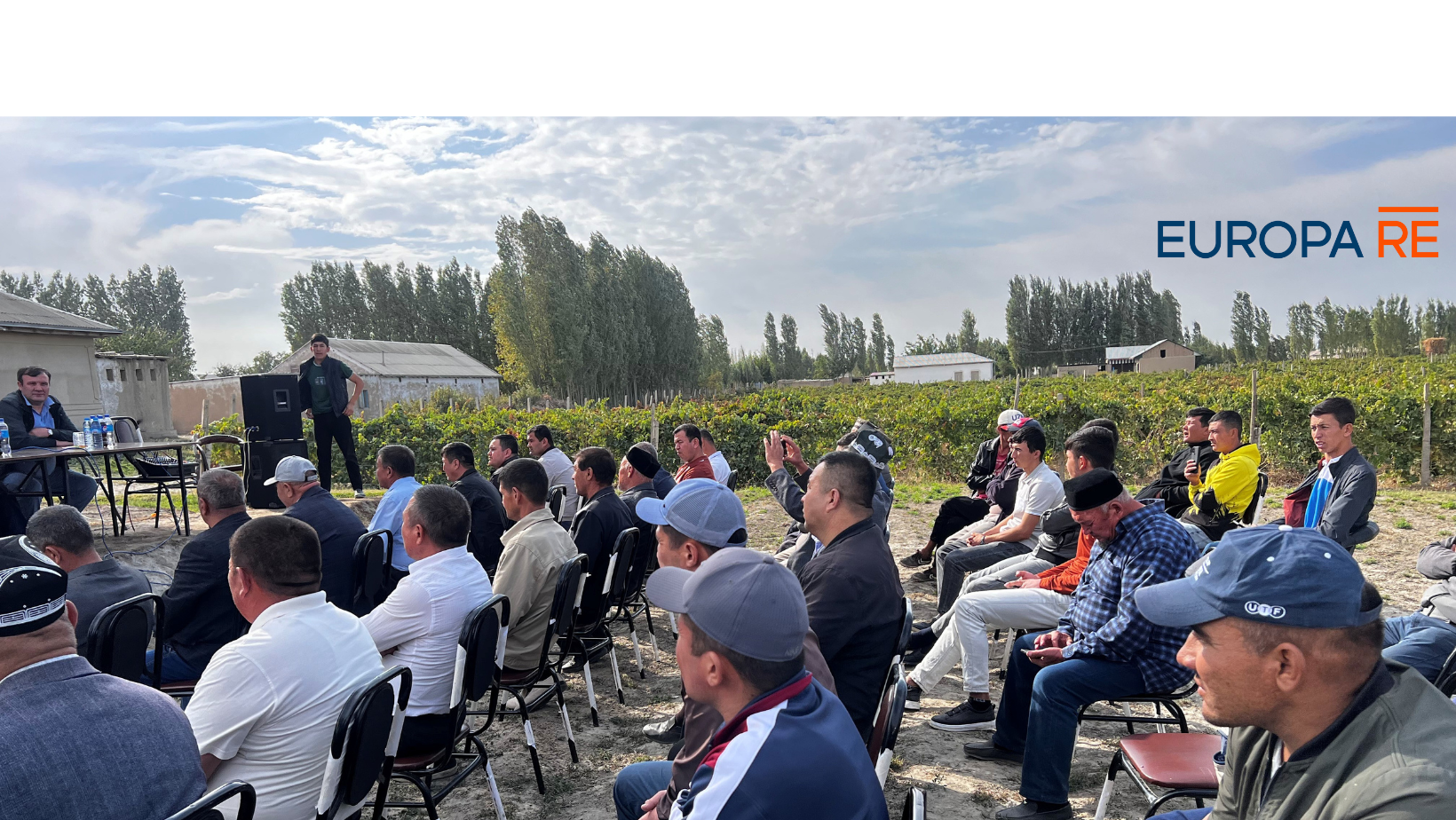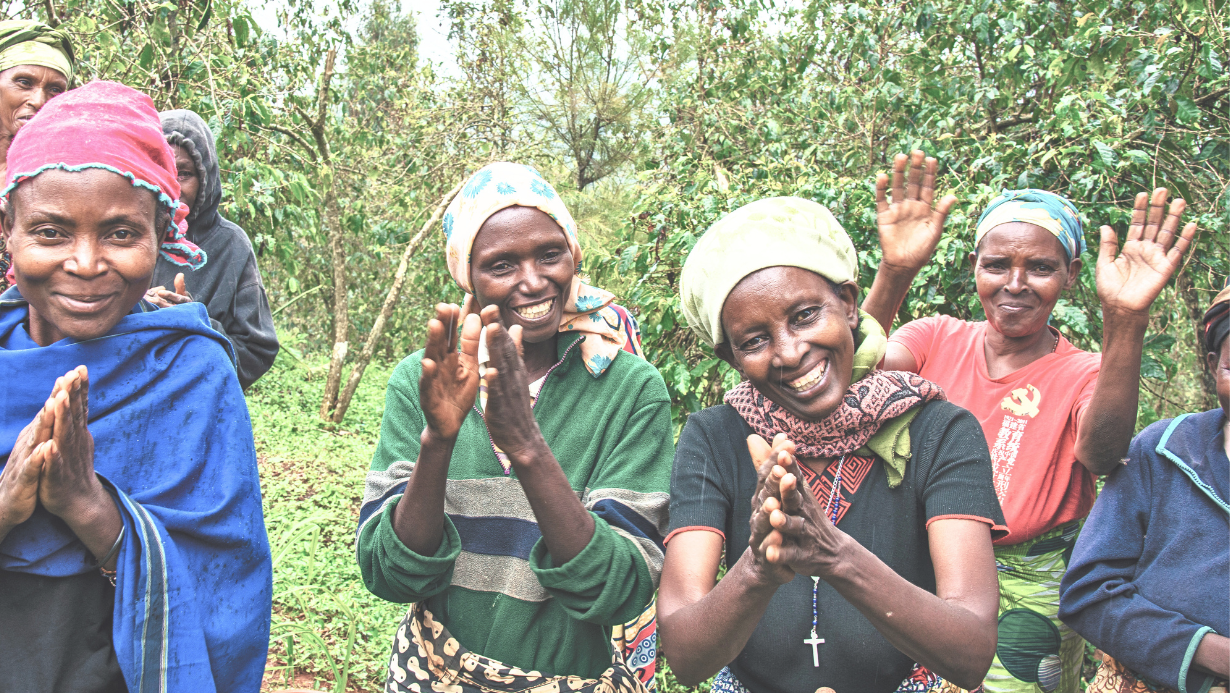Unlocking financial inclusion for rural women - power of partnerships: Case of Groupe Yeredeme methodology in Mali

More than 64% of women were living under the poverty line in Mali in 2018. Despite the challenges that impact its vulnerable populations, Mali has been going through a quiet revolution. The country embodies empowerment, resilience, and the transformative power of partnerships. One such inspiring example is the Groupe Yeredeme methodology project in Mali.
The Groupe Yeredeme case
The Groupe Yeredeme (GYD) project is an innovative methodology that seeks to empower rural women through self-management and peer-learning activities. “Groupe Yeredeme” means “self-help group” (SHG) in Bambara. The project integrates livelihood development, financial intermediation, women’s empowerment, and community development. The Swiss Capacity Building Facility (SCBF) supported the technical assistance of this project in partnership with the Swiss Agency for Development and Cooperation (SDC) West Africa section. The model adopts a wholly unique peer-learning and role-modeling methodology, validating its ability to inspire and teach rural women to lead and manage their organizations and livelihood activities. The model helps rural women to improve their productivity and profitability.
The NGO CAMIDE and its financial branch, the microfinance institution - Benso Jamanu, implement it together to help women in Sero Diamanou and Liberté Dembaya overcome barriers to access loans and develop livelihood activities to boost their economic activities. The goal is to improve financial inclusion, empower women through access to economic resources and opportunities, and strengthen their business and economic position.
Women participating in the program live in typical, small villages (population of less than 100 people). They manage 8 to 10 people in their households and are engaged in farm and livelihood activities. They earn less than 10,000 FCFA (USD 16) per month.

Boosting financial inclusion with winning partnerships: the Groupe Yeredeme methodology, a successful three-way partnership
Experts agree that financial inclusion is important to reduce poverty. Financial inclusion seeks to ensure that all individuals have access to a full range of basic financial services, irrespective of their economic or geographical situation. These financial services include savings, credit, and insurance, among others. They should be affordable, useful, tailored to individuals’ needs, and offered by reliable and responsible providers.

Partnerships enable the pooling of resources, skills, technologies, and innovations from various players, such as governments, financial institutions, producer organizations, digital service providers, donors, and international organizations.
The SCBF supports innovation in financial inclusion through partnerships that increase access to financial services for low-income individuals, smallholder farmers, and small-scale entrepreneurs. The SCBF has a long history of partnerships with other organizations to promote financial inclusion. In Mali, SCBF partnered with the NGO CAMIDE (a Malian organization based in the Kayes region) through the Groupe Yeredeme project (GYD). The project focuses on improving women’s access to financial services, economic and social inclusion, and empowerment.
The tripartite partnership included:
- The strategic partner: SCBF provided a technical assistance grant to support CAMIDE and Benso Jamanu to increase access to financial services for rural women in Mali.
- The technical assistance provider: the NGO CAMIDE helps women organize into groups, train them and empower them to manage their own organizations. They also take part in the loan process (with the contribution of federations) by analyzing loan requests and evaluating the repayment capacities of the clients before handing them over to the financial institution. They managed to organize more than 5000 women into 30 village organizations and 355 self-help groups.
- The financial enabler: the local microfinance institution, Benso Jamanu, plays a key role in the partnership by adapting its product to the participants. Benso Jamanu introduced a new credit product with a reduced interest rate to match the women’s financial capacity and incentivize them. They were able to enroll and finance more than 3,000 women in the region for a total amount above 190 million FCFA (+ 300,000 USD). The institution’s portfolio at risk (PAR-30 days) for these loans, was continuously less than 1% due to the women’s low default rate.
This tripartite partnership has enabled the implementation of a sustainable process, and contributed to a more inclusive future for rural women, leading to the following outcomes:
- The creation of autonomous groups: The model is firmly anchored in its members’ economic interests. The first practical tool to empower women is the weekly micro-savings that takes place during the self-managed groups of 10 to 15 members, followed by the microcredits granted to members by Benso Jamanu. They enable women to control the use of their money and encourage them to acquire the financial and risk management skills they need to make sound decisions. Each member commits to the group by attending weekly meetings, paying regular subscriptions, and requesting a loan and repaying it on time.
- Creation of a bottom-up organizational structure: The groups are organized by an umbrella structure, the village organization (VOs). The VOs are further grouped within a federation. Only the federation becomes a formal organization, while the VOs remain the operational subdivisions. This considerably reduces legal and administrative formalities. It also balances the power control by preventing a small group of women to keep all the power, due to the openness of the federation leadership to all the SHGs members and not only the VOs leaders.
- Business learning and growth through peer replication: Group livelihood growth is stimulated by internal reproduction of best practices through peers. The members embrace their business expansion process as they feel empowered and more confident, backed-up by peers.
- Integration of peer-learning activities and exemplarity: The model adopts a unique peer-learning methodology that explains its ability to inspire and teach rural women to lead and manage their organizations and livelihood activities. The graphic below illustrates the training process of the Groupe Yeredeme methodology: it starts with the CRP1 training, who will then train the Sebennikela2 on accounting, and the members on the loan management and agricultural and breeding best practices:


- Financial linkage: The model creates links between the microfinance institution and VOs. This makes the application for microloans to Benso Jamanu easier for members. The VOs register the members' credit needs and gathers them in a group credit file that is then analyzed at the federation level and CAMIDE, before being submitted to Benso Jamanu. Women are thus protected from risks such as long waiting time CRP.
- Coaching in the creation of income-generating activities: The model helps rural women improve the productivity and profitability of subsistence farming activities rooted in local tradition. They do so through controlled experiments and rapid prototyping. They use experiences from their ancestors. For example, some women keep seeds in cool dry places and in airtight containers (e.g. animal skin bags, clay containers with airtight seals). They share their experiences during SHG meetings and advise other women to adopt these best practices by witnessing the results for themselves before fully embracing the method. CAMIDE also supported these women in accessing agricultural land and equipment by providing them with tractors, developing plots of common land, or building a dam.

- Perspectives and recommendations: As per the World Economic Forum estimates, it will take 135.6 years to close the global gender gap. Financial inclusion and women’s empowerment are crucial concerns. This case about the Groupe Yeredeme project highlights the positive impact that financial services coupled with key livelihood interventions can have on women. The main objective is to make financial services more accessible to women to improve their lives and become more self-reliant. Financial institutions must address this situation through better-adapted services and reduced obstacles to financial services for women.

Women's access to financial services is hindered by inequality and limited financial literacy. Financial service providers must, therefore, be more accountable to women. They must give them clear information about the costs and risks associated with financial services. Financial service providers can greatly help women by providing clear and transparent information about different credit opportunities and offering regular financial education campaigns. CAMIDE used the CRPs to encourage women in villages to participate in the SHGs. They started by engaging existing women’s organizations or village authorities and provided information about financial services.
Financial providers should also invest in gender-disaggregated data collection and analysis. Benso Jamanu’s experience has shown that default rates for women tend to be low. So, the institutions can benefit more if they systematize the analysis of gender-disaggregated data to adjust their offering for a wider range of women and improve women’s access to financial services.
Non-profit organizations, such as CAMIDE, play an important role in creating a platform for women to organize and formalize their groups and through empowering trainings that bolster their livelihoods, reinforcing their financial capacity. Financial inclusion and women’s empowerment are crucial to reduce poverty, promote economic and social development, and strengthen the resilience of low-income populations. The Groupe Yeredeme methodology in Mali exemplifies how collaborative efforts can break down barriers and empower rural women economically.
As we look toward a more inclusive future, it becomes clear that partnerships will play a pivotal role to shape the landscape of rural women’s financial inclusion.
1 CRP (Community Resource Persons): Person selected to set up and monitor self-help groups
2 Sebennikela : accountants of the self-help groups




.png)
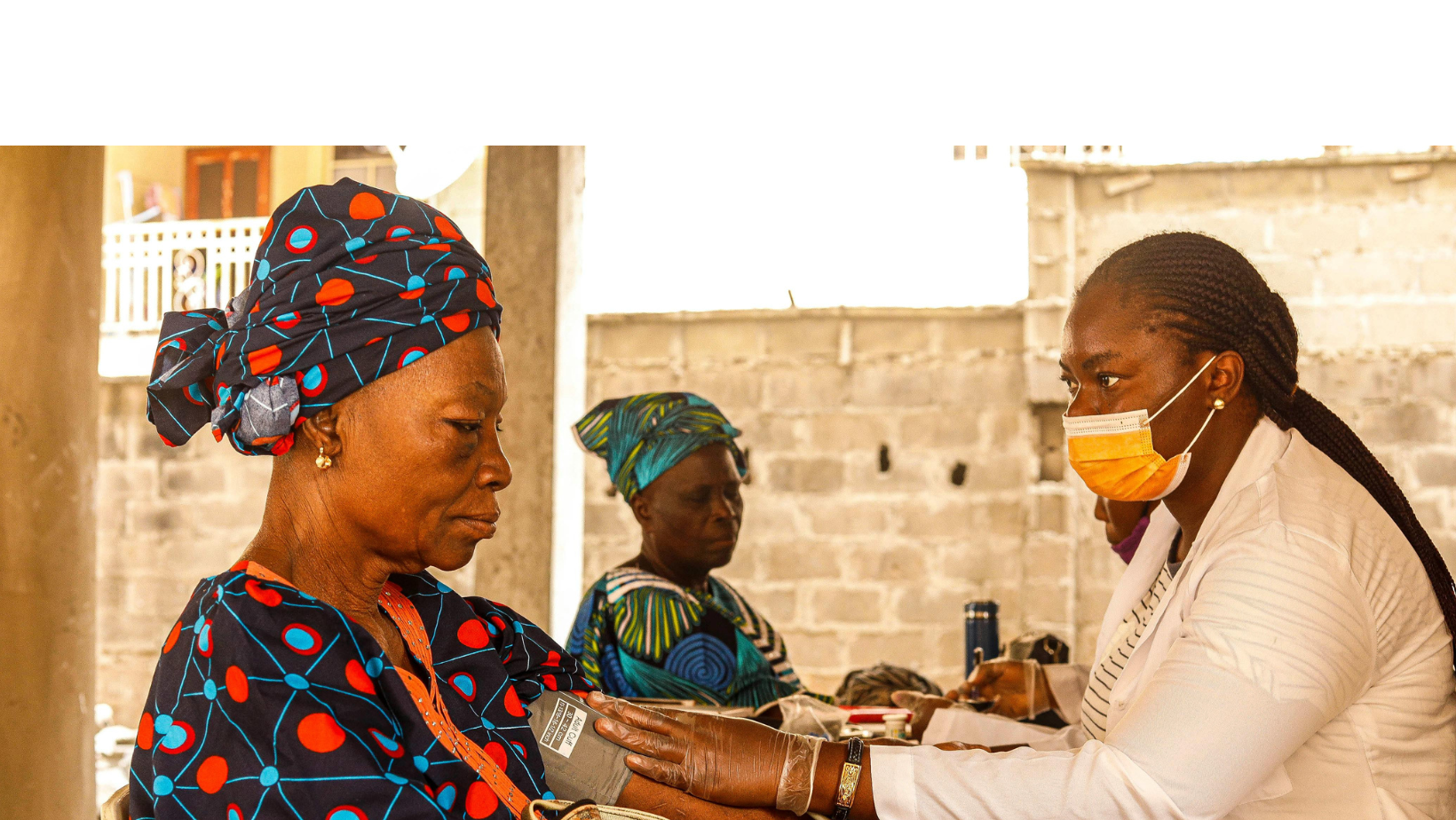
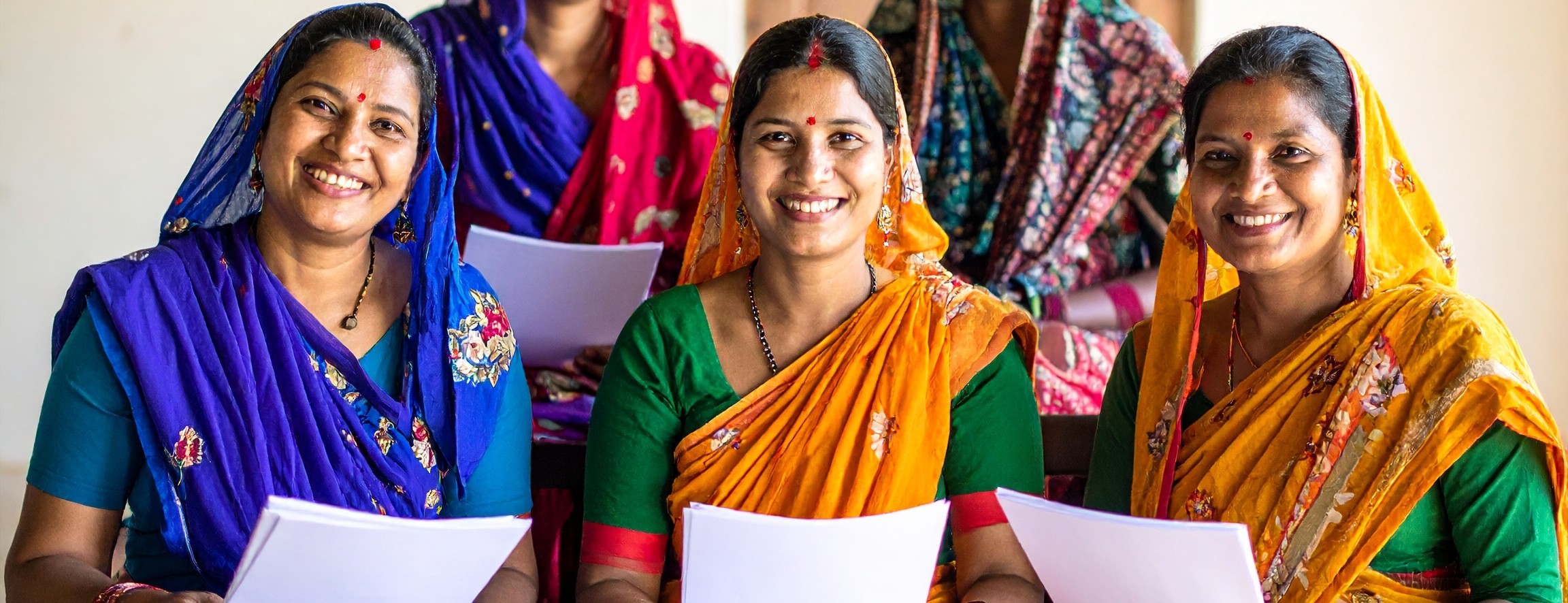










































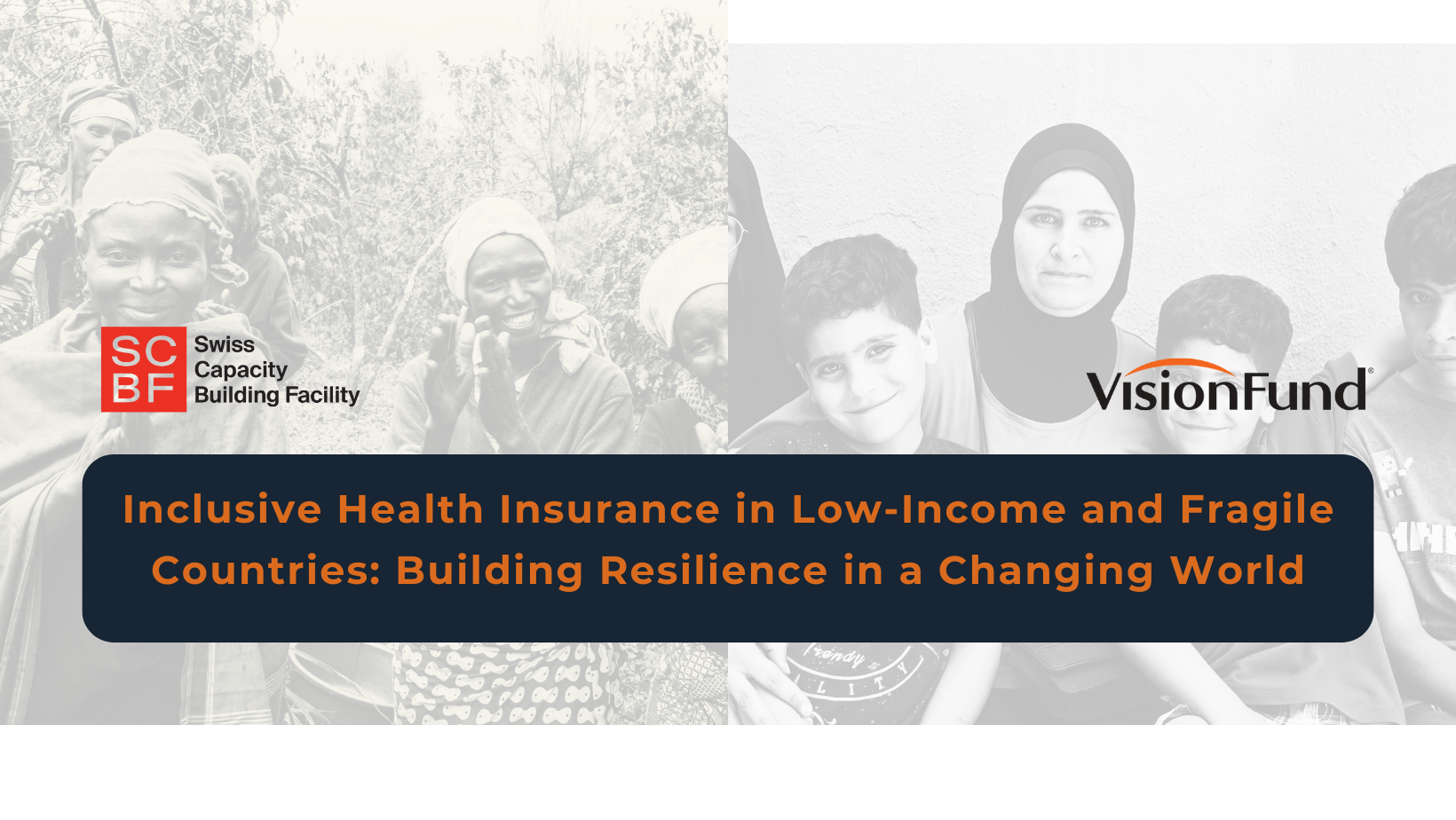









.png)








